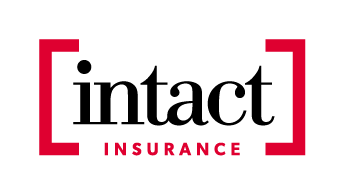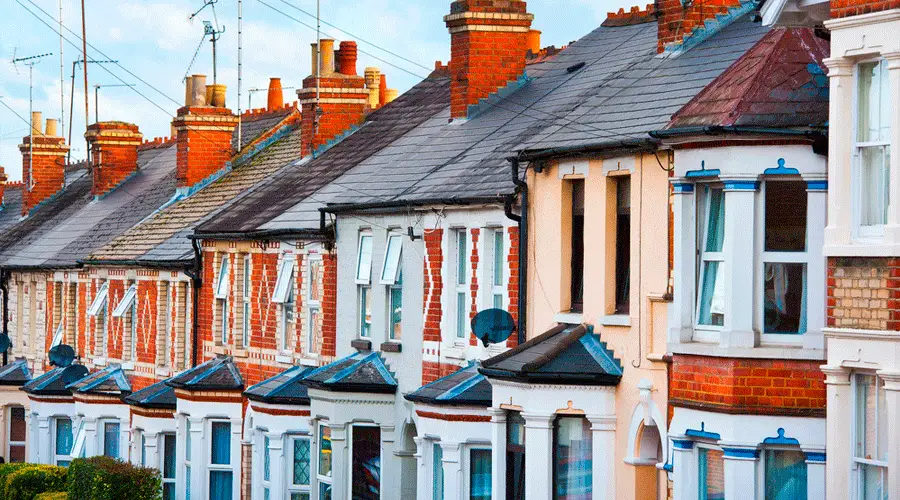Residential Landlord Insurance
Protect your buy-to-let property with residential landlord insurance.
What is residential landlord property and buildings insurance?
If you’re a residential landlord or a buy-to-let investor that rents properties to tenants, then you’ll need to consider adequate insurance in place to help protect your assets.
Residential landlord insurance is a type of home insurance for landlords. It offers more protection than standard house insurance, since it covers the unique risks that come with owning a buy-to-let, such as damage to property, liability claims, and loss of rent.
What does residential landlord insurance cover?
Landlords’ residential insurance typically covers both the building itself and its contents. Most policies also cover accidental damage and tenant defaults if your renters fail to make their rent payment. Cover usually includes the following:
- Buildings insurance: Cover against damage to your buy-to-let property, such as from fire, flood, or malicious damage. This can include the building itself, plus outhouses, garages, fences, drains, sewers and tanks, etc.
- Contents cover: Insurance for contents you provide under the tenancy, such as appliances, furniture, and household goods. Cover can protect these items against damage, plus accidents such as fire and flood.
- Accidental damage cover: Insurance for accidental damage to your property, whether to the building or the contents included.
- Loss of rent cover: Insurance for loss of rent if your tenants fail to keep up with their payments.
- Alternative accommodation cover: Pays the cost to house tenants in separate accommodation if they’re unable to live in your property due to an insured event, for example, while repair works are ongoing.
- Property owners’ liability cover: Protection against legal liability claims for injury or damage while at your rental property.
- Unoccupied property cover: Insurance if your rental property is left unoccupied, for example, in between tenancies.
Residential landlord insurance covers you for many eventualities, but every policy is different. Most policies also don’t include cover for standard wear and tear, damage by animals, or deliberate damage caused by tenants. However, you may be able to add malicious damage as optional cover.
Importantly, residential landlord insurance only covers properties used for residential properties, not commercial businesses. Residential properties can include the following:
- Apartments
- Houses
- Blocks of flats
- Rental portfolios
- Residential developments
- Student properties
These are brief product descriptions only. Please refer to the policy documentation paying particular attention to the terms and conditions, exclusions, warranties, subjectivities, excesses and any endorsements.
Why is specialist residential landlords’ insurance important?
Managing a buy-to-let brings additional risks that you wouldn’t face as a standard homeowner, including potential liability claims, accidental damage, and defaults on rent payments. Without insurance, you’re liable for covering these fees, which could leave you out of pocket, especially if you rely on your residential let as a source of income.
As a landlord, you’re also responsible for keeping your rental property in a habitable condition and for making sure it’s safe for tenants, plus visitors. If a tenant made a claim against you because an accident occurred due to failed repairs, it could leave you liable. This includes both the damage and associated legal costs.
Having residential landlords’ insurance helps protect you financially and legally against unforeseen circumstances and additional risks, offering you peace of mind while tenants are living at your property.
How to choose a suitable type of residential landlord insurance
Most residential landlords’ insurance policies include cover for buildings, contents, liability, and loss of rent. However, some may offer insurance for things like malicious damage, rent guarantee, and legal cover as optional for an extra cost. Be sure to check the wording of any policy carefully to make sure you have appropriate cover in place. Typical additions of cover include: –
- Rent guarantee: cover for rental income if your tenants can’t live in the property, such as due to a fire or a flood.
- Landlord legal cover: Insures you for costs associated with legal claims, which can include rent guarantee, repossession, criminal prosecutions, and legal documentation.
- Boiler breakdown cover: Covers costs for repairing or replacing boilers, including call out charges.
- Malicious damage: Insures against intentional damage to your building or contents by tenants.
- Landlord emergency cover: Covers fees for emergency assistance, such as burst pipes.
You should also check terms around claim limits, policy exclusions, and excess to see what could be liable for.
How much does residential landlord insurance cost?
Residential landlord insurance varies in price depending on your circumstances and the type of cover you need. Providers usually consider the following factors when pricing your policy:
- The type of cover and any optional extras
- The property location, age, and size
- Your tenants, such as students or single tenancies
- Your claims history
- How you want to pay for the policy, e.g. monthly or annually
Some of our partners
Other products bought by landlords
Why choose Gallagher for residential landlord insurance?
- We offer you flexibility with standard cover plus optional extras.
- We cover properties of standard and non-standard construction, converted properties and listed buildings, as well as purpose-built blocks.
- Our claims advisors provide step-by-step support from first notification to claims settlement
- We provide a 24-hour claims first notification of loss service allowing you to report a claim 24 hours a day, 365 days a year.
To get an instant quote, call our team of advisors on 08000 92 93 94.
Frequently Asked Questions
Please note that these Frequently Asked Questions are not a substitute for the policy wording. For full terms and conditions please see the policy documentation.
Do I need residential landlord insurance if I have a lodger?
Generally, residential landlord insurance doesn’t cover you if you have lodgers living with you at your property. This can be covered under a separate home insurance policy.
What happens under my residential landlord insurance if my property is unoccupied?
You can choose to include unoccupied cover under your residential landlord insurance policy for cover if no one is living in your property. Some policies may include this as standard. To check if you’re covered, contact the team on 08000 92 93 94.
Is landlord insurance a legal requirement?
No, it’s not a legal requirement to have landlord insurance, but it’s strongly advised. Many mortgage lenders require you to have landlord insurance in place as part of your mortgage agreement too. Without it, you could be left liable for covering costly expenses such as accidental damage and liability claims.
Do I need to take out landlord insurance for renting to family?
It’s still advisable to purchase landlord insurance even if you’re renting to family members. The risks stay the same regardless of who you’re renting to, so you would still be liable for costs relating to your property.








